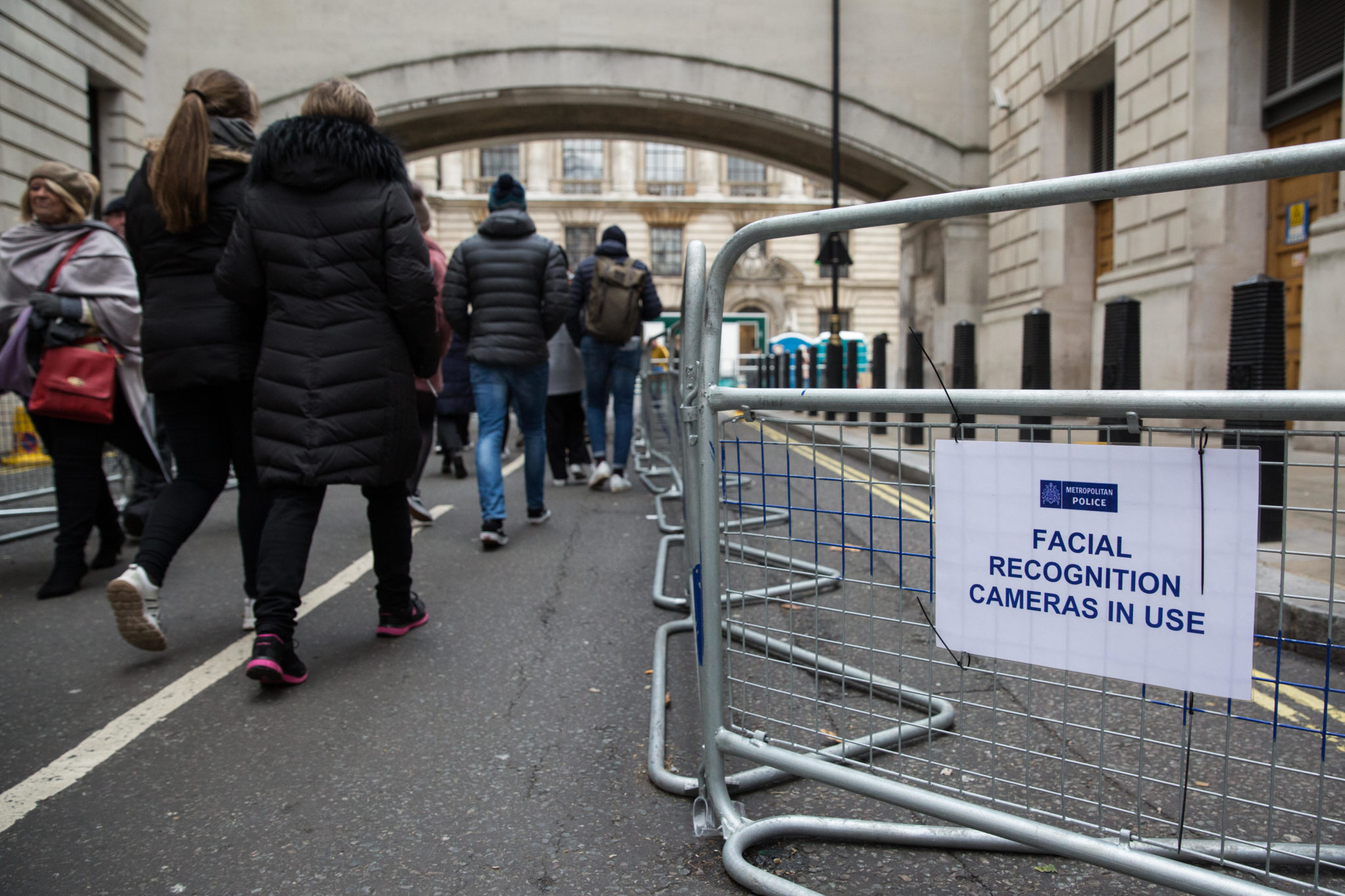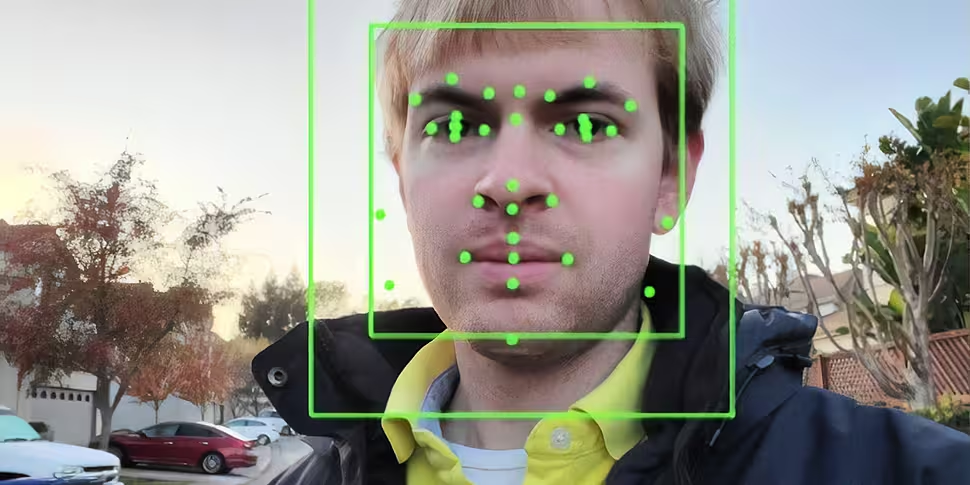Ireland is going one way with its approach to facial recognition technology, while Europe is going another.
That's according to Liam Herrick, executive director of the Irish Council for Civil Liberties (ICCL).
He was speaking as Justice Minister Helen McEntee is reportedly facing a backlash from other Cabinet ministers over plans to give Gardaí powers to use the controversial technology in murder, missing person and child sex abuse cases.
The Sunday Independent says Green Party ministers and Health Minister Stephen Donnelly have expressed concerns over the move.
Liam told Newstalk Breakfast details on the proposals have not been released.
"It doesn't seem to have been possible so far to introduce such a system which would have all of the benefits and none of the risks.
"The Minister - we've seen no details about what she's actually going to propose.
"She's making claims that there won't be any side effects or unintended consequences with the Irish system, and that there'll be significant law enforcement benefits.
"But what we're seeing is that, where such systems have been used - particularly in the United States - we've seen difficulties with false positives, we've seen difficulties with the databases tending to have biases towards certain ethnic groups.
"This is partly to do with how they compile the databases on which the systems operate.
"There's also, of course, the problem of cost: that the benefits really don't seem to be delivered."
 Notices notifying the public regarding the use of automated facial recognition cameras at an event in London, England in November 2017. Picture by: Mark Kerrison/Alamy Live News
Notices notifying the public regarding the use of automated facial recognition cameras at an event in London, England in November 2017. Picture by: Mark Kerrison/Alamy Live News'Database of people's faces'
Mr Herrick says talk at the European level has moved on to another concern.
"Even if you could work out some of the problems and technical glitches with the system and so on, there's a fundamental problem about giving law enforcement a tool which gives them the power to track people's movements across public spaces.
"And there's a problem with polices [sic] compiling and building up a database of people's faces that can be used to surveillance".
He says the timing of Ireland's proposal is unusual.
"At the European level at the moment, the European Commission is developing a law on artificial intelligence - which in its current draft would ban law enforcement use of facial recognition technology.
"So we've got Europe going in one direction and the Irish Department of Justice seeming to go in a very different direction".
And he says An Garda Síochána currently has a number of cases against it for the use of technology.
"The Data Protection Commission has initiated a number of ongoing investigations into the Guards use of both CCTV and number plate recognition technology.
"And what they have found thus far, and this is still ongoing, is that there aren't even basic systems of data protection ensuring within An Garda Síochána.
"And in the last couple of weeks we've had significant data breaches, where individual Guards - for personal purposes - have been accessing private information.
"So we don't have a good record on this".









